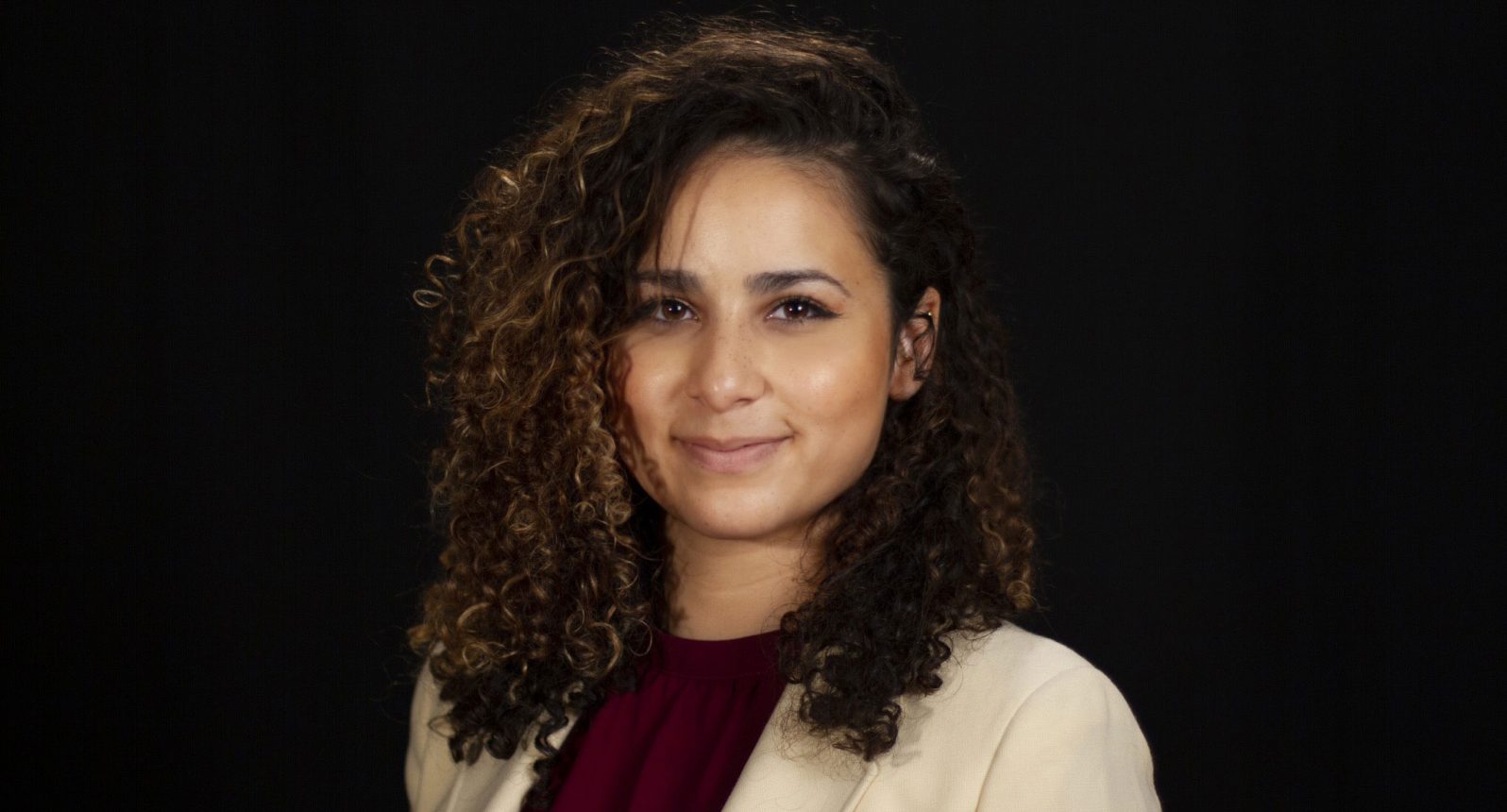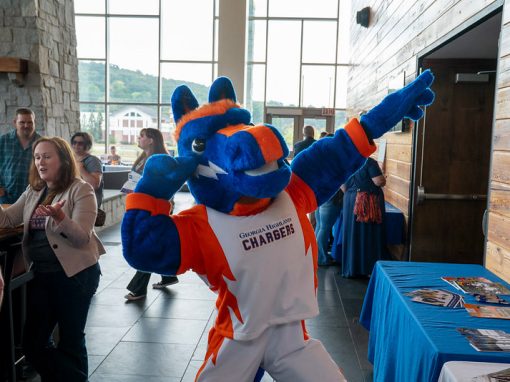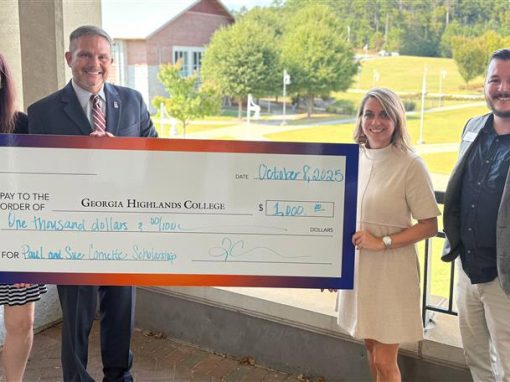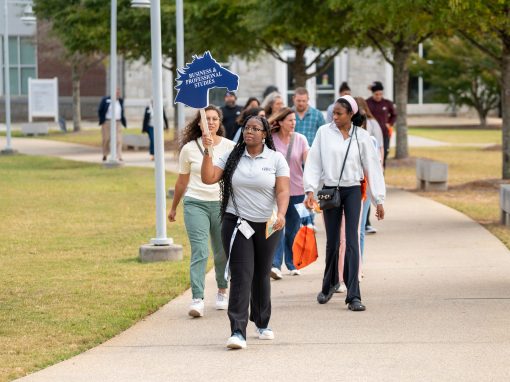This year, Georgia Highlands College (GHC) alumna Kiersten Boley will begin the National Science Foundation Graduate Research Fellowship Program (NSF GRFP). The five-year fellowship includes three years of financial support including an annual stipend of $34,000 and a cost of education allowance of $12,000 to the institution.
Boley started at Georgia Highlands College. She is currently pursuing a master’s degree in Astronomy at The Ohio State University (OSU).
The NSF GRFP recognizes and supports outstanding graduate students in NSF-supported Science Technology Engineering and Math (STEM) disciplines who are pursuing research-based master’s and doctoral degrees at accredited U.S. institutions.
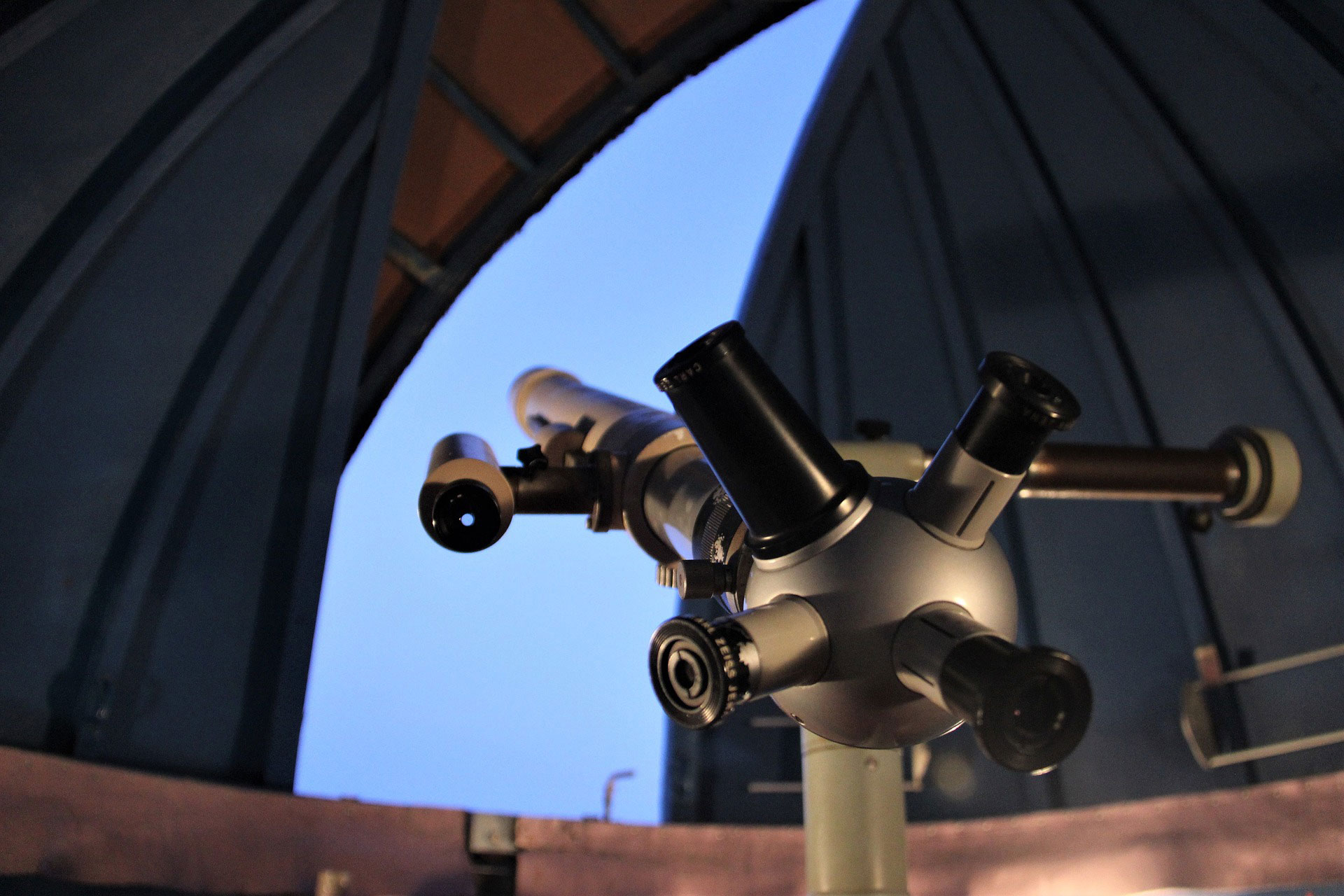
Boley said she was “beyond excited” to hear the news she had been accepted. In addition to requiring a proposal, transcripts and letters of recommendation, the application for the fellowship required a personal statement elaborating on her background, education and research efforts.
“I knew that I had put in a lot of work for the proposal and the personal statement, but I never would have imagined that I would actually be awarded the fellowship,” Boley said. “There are so many amazing people out there doing great research.”
In the fellowship, Boley will continue to do research on exoplanets as well as begin research on the work she proposed – creating a “galactic planet formation model,” which will show where in our galaxy planets are forming and when we can expect them to form.

In addition to her current educational pursuits, Boley also serves as a graduate researcher for OSU with the research topic of Planet Formation as well as a First Lieutenant, Executive Officer of a Ground Ambulance Unit for the U.S. Army Reserves. Currently, her research is devoted to understanding how metals impact planet formation by studying the oldest stars in our galaxy.
Boley stated GHC is a great place to earn a college degree.
“GHC has something that most large universities don’t: great teachers that really nurture curiosity. I think by starting at GHC, I was set up to succeed…,” Boley said. “The personal connection that you have with the professors at GHC allow you to ask more questions and gain a deeper understanding.”
